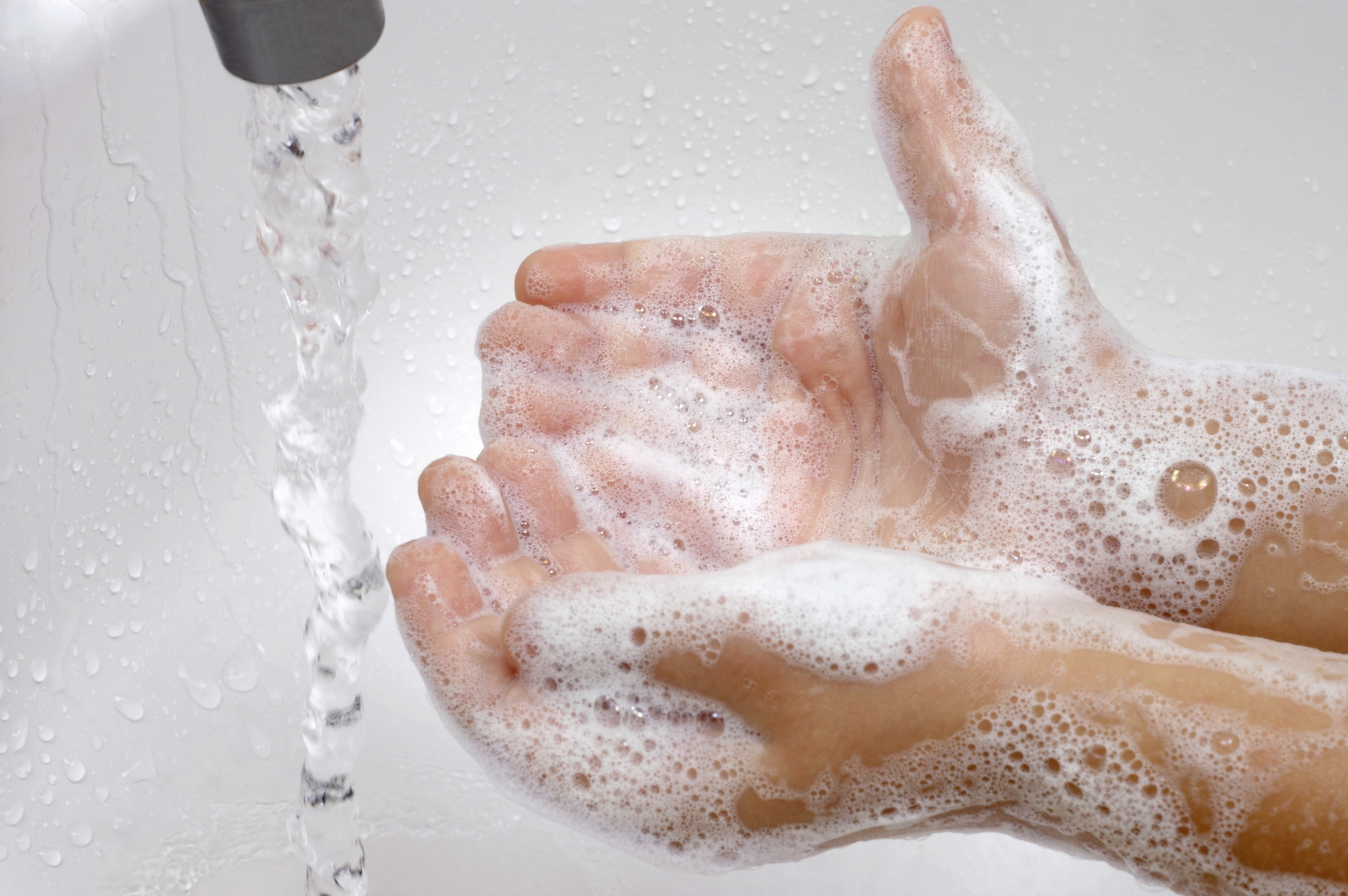 Hard and soft water are measured on a sliding scale with four distinct categories: soft, moderately hard, hard and very hard. Below we take a look at what defines hard water and soft water and how they impact the lives of consumers. Since it is impossible to stay clean with bottled water and unrealistic for everyone to use only well water, we explore ways to alter the composition of hard and soft water in order to make it more safe and useable.
Hard and soft water are measured on a sliding scale with four distinct categories: soft, moderately hard, hard and very hard. Below we take a look at what defines hard water and soft water and how they impact the lives of consumers. Since it is impossible to stay clean with bottled water and unrealistic for everyone to use only well water, we explore ways to alter the composition of hard and soft water in order to make it more safe and useable.
Hard Water
Hard water is caused by the presence of specific minerals like calcium and magnesium. When these minerals are in water used for drinking, the water’s taste is compromised. In the United States, hard water is most often found in the Southwest, the Midwest, limestone regions and any area that lacks rain or has significant amounts of minerals in the ground. Hard water occurs more frequently than people would like to believe because water is a solvent. It gathers various minerals when it flows along rocks, through creeks and the along the earth before it is eventually transported to water plants.
Once the water is filtered and modified in a water treatment plant, it can still stay hard as it is difficult to completely remove all of the minerals. Drinking hard water won’t impact one’s health but it won’t taste as good as “normal” water. Anyone who spots small traces of deposits on their dishes or in their sink likely has hard water. These deposits can damage household appliances, clog plumbing pathways and impair heat flow in boilers. It can also make one’s hair look lifeless and feel a little bit sticky. Since calcium is so highly charged, its presence in hard water can cause a very dry scalp and make hair dyes fade at a rapid rate. Some studies have indicated that hard water dries out the hair and skin to the point that it can contribute towards eczema in children.
The Solution to Hard Water
Those with very hard water can install a water softener that makes the water taste much better and removes minerals. A water softener will typically make use of between 20 and 120 gallons of water per 1,000 gallons of hard water that are successfully treated. A water softener will reduce the amount of soap, shampoo and other cleaning solutions that must be purchased.
A Kinetico Water Softener will provide your family with abundant clean, soft water on demand. From multitank systems powered by the energy of moving water to a more traditional approach, Kinetico covers all your options with over 30 water softener models to choose from.
Soft Water
Soft water is noticeable when lots of suds appear when soap is mixed with the water. You will use less soap as well as time cleaning with it. It does lack ions but still contains several different ions as well as sodium. It has very little calcium and magnesium. Soft water feels extraordinarily soft to the touch, sort of like a silky liquid. You will find that you’ll use less pressure on appliances like your washing machines or dish washer when using soft water.
You’ll find that you will be cleaning things less frequently and much quicker. Soft water can also extend the life of your plumbing. Most homes have hard water, and don’t realize they have it and the expensive harm it causes.
At Schultz Soft Water, we understand the challenges of soft water and hard water in the central Minnesota community. As a result, we have taken the time to understand these needs and our Kinetico products are tailored to meet your specific water treatment needs, whether they’re soft water or hard water based. Our effective and economical water treatment solutions can be customized to meet your needs.

